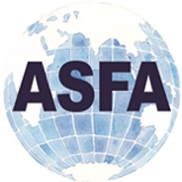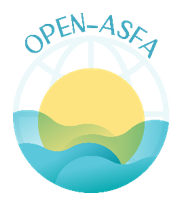Overview of Bottlenose dolphin depredation in Teboulba region (East of Tunisia)
DOI:
https://doi.org/10.71754/instm.bulletin.v48.20Keywords:
Bottelonose dolphins, Striped dolphin, Depredation, Teboulba, monitoring, marine mammals, small-scale fisheries, interactions, Invasive species, TunisiaAbstract
This work was carried out in response to the numerous fishermen claims following to the interaction between dolphins and fishing gears along the coast of Teboulba. The aims of this work were: to establish an inventory of dolphins present in the study area and interacting with fisheries, to define the most affected fisheries by the depredation and to attempt to assess it economic consequences.
For this purpose, field surveys as well as weekly monitoring of a sample of the fleet and sea trips were carried out in order to respond to the previously mentioned objectives.
The findings of this study led to the conclusion that there are two dolphin’s species: the Bottlenose dolphin and the Striped dolphin. These two species have a different demographic and ecological distribution. They also interact in two different ways with the fishing boats and their nets. According to the surveys, the most depredated fisheries is the small scall fisheries. Set gillnet and trammel nets were the types of the fishing gear most vulnerable to dolphin depredation. The depredation rate and economical loss due to depredation vary slightly between gillnets and trammel nets. The depredation induces many holes with different size requiring mending operations that can be onerous. Likewise for landing, the resulting bites on the catch leave it unsaleable. It is necessary to continue this study in order to identify the factors that can cause the depredation and propose mitigation measures to avoid any ecological and economic blunder.
Downloads
Downloads
Published
How to Cite
Issue
Section
ARK
License
Copyright (c) 2023 Rimel Benmessaoud, Maissa Gharbi, Mourad Cherif, Wael Koched, Lobna Ben Nakhla

This work is licensed under a Creative Commons Attribution 4.0 International License.












